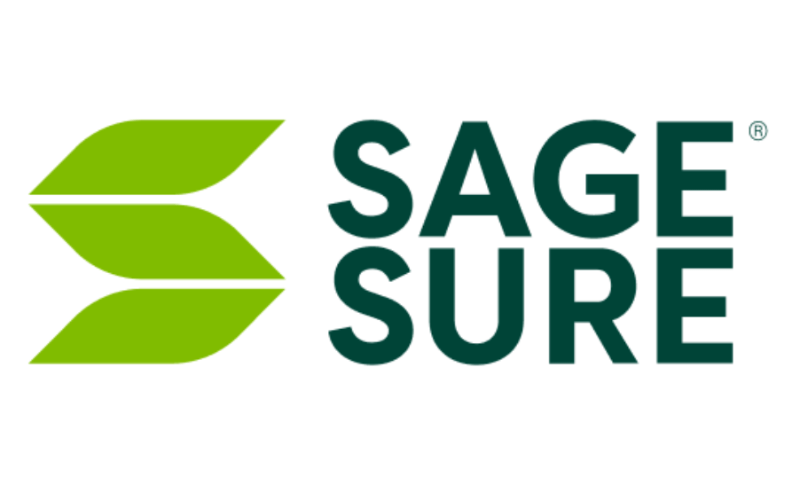
Key Takeaways:If you’re financing a car or truck, your new lender will have requirements meant to protect their investment.Whether your vehicle is involved in an accident, the car is stolen, or damaged due to extreme weather, your finance company will want to ensure that the vehicle can be repaired or, in the event of a total loss, paid off.Financed car insurance will protect both you and your lender.Navigating the world of financed car insurance can be confusing and even overwhelming.
This guide will provide you with all the information you need to make an informed decision about your coverage options.Understanding the Basics of Financed Car InsuranceBefore diving into the specifics of financed car insurance requirements, it’s important to understand the basics.Financed car insurance is a type of auto insurance that is required by lenders when you finance a vehicle.It provides coverage for damage or injuries that may occur in the event of an accident or other covered event, such as theft, vandalism, or hail damage.The amount of coverage required may vary depending on the lender and the state you live in.It’s important to shop around and compare quotes from different insurance providers to ensure you’re getting the best coverage at the best price.
We’ll talk more about that a little later.Are You Obligated to Comply with Financed Car Insurance Rules?You are typically required under auto loan/lease agreements to maintain any necessary coverage up until your loan amount is repaid.Usually, when applying for a loan, the lender will want to see your proof of insurance before your loan is even approved.If you opt to discontinue coverage before your loan is paid off, your lender is within their rights to obtain insurance on your behalf and include the cost of the policy in your monthly loan payments.When this happens, it’s referred to as forced insurance.Determining Your Minimum Coverage for Financed Car InsuranceWhen it comes to financed car insurance, it’s important to determine your coverage needs before selecting a policy.
This includes considering factors such as the value of your vehicle, your driving habits, and your budget.You may also want to consider additional coverage options such as personal injury protection coverage, gap coverage, and uninsured/underinsured motorist coverage.It’s important to work with a reputable insurance provider who can help guide you through the process and ensure you have the right coverage for your needs.But first, let’s look at the types of financed car insurance coverage available and then we will discuss what you need to provide and what you can do to save money.Types Of Car Insurance CoverageCar insurance coverage can vary depending on the insurance provider and the specific policy.
However, here are some common types of car insurance coverage that all carriers agree upon —Liability CoverageThis is the most basic form of car insurance coverage and it’s mandatory in almost all fifty states whether your car is financed, or you own it outright (check your state insurance guide ).Liability insurance doesn’t protect your car — it is intended to protect other people’s vehicles or property in the event of a collision or accident.People with older vehicles (that are debt-free) will often opt for liability insurance to save money when their car’s value is very low.Liability insurance includes two types of basic coverage:However, you and your passenger’s medical expenses are not covered, nor are repairs for damage to your car or other items of property.Most insurance companies suggest coverage limits of $300,000 per occurrence (accident) and $100,000 per person.
If you have significant assets that you wish to safeguard, you should purchase higher coverage limits.Most insurance companies suggest a minimum of $100,000 in liability coverage but, again, this depends on your asset protection needs.Collision CoverageThis type of insurance covers the cost of repairs or replacement of your vehicle if it’s damaged in a collision with another vehicle or object, regardless of fault.It is part of what’s often called “full coverage” insurance and will be required by your lender.Comprehensive CoverageComprehensive insurance provides coverage for damages to your vehicle that are not the result of a collision.It typically covers theft, vandalism, fire, natural disasters, falling objects, and other similar incidents.
Like collision and liability coverage, it too is a part of most lenders’ requirements for “full coverage.”Personal Injury Protection (PIP) or Medical Payments CoverageIf you or a passenger in your car is hurt in a collision, Medical Payments (Med Pay) will pay for the medical bills.Personal Injury Protection (PIP) includes medical payments coverage and also pays for other losses like lost wages, regardless of fault.PIP coverage is mandatory in some states.Uninsured/Underinsured Motorist CoverageThis type of insurance coverage protects you if you’re involved in an accident with a driver who doesn’t have insurance or has insufficient coverage to pay for your damages.Gap InsuranceIf you have a lease or loan on your vehicle, gap insurance covers the difference between what you owe on the vehicle and its actual cash value if it’s declared a total loss due to an accident or theft.
Without gap insurance, you could be liable for the difference, and it can total thousands of dollars.Often, lenders will require gap coverage.Rental Reimbursement CoverageRental reimbursement coverage will cover the cost of renting a vehicle while your car is being repaired due to an accident.This can be invaluable if you are heavily reliant on your vehicle for work or health reasons.Towing and Labor CoverageThis type of coverage will cover the cost of towing your vehicle to a repair shop and sometimes includes additional roadside assistance services.What Impacts Financed Car Insurance Rates?Financed car insurance rates are determined by a variety of factors that assess the risk associated with insuring a particular driver and vehicle.While insurance companies may use slightly different criteria and weighting systems, here are some common factors that can impact the money you pay for car insurance:For example, financed car insurance requirements in Texas carry a higher price tag due to the growing population and traffic congestion.
Same with the minimum insurance requirements for a financed car in Florida.It’s important to note that these factors can vary depending on the insurance company and the specific region or country.Remember, insurance companies use complex algorithms and actuarial data to assess risk and determine premiums for each individual.Shop Around for the Best RatesWhen it comes to financed car insurance, it’s important to shop around for the best rates.Don’t just settle for the first policy you come across.
Take the time to compare rates from multiple insurance providers to ensure you’re getting the best deal possible.As an example, you can use online comparison tools, , to make this process easier.Keep in mind that the cheapest policy may not always be the best option, so be sure to consider the coverage and customer service offered by each provider as well.Consider Discounts Offered by Insurance CompaniesThe insurance marketplace is a very competitive environment which is to your advantage.Insurance companies offer a multitude of discount opportunities to win your business.
Consider some of these discounts when :Understand Your Payment Options and RequirementsWhen it comes to financed car insurance, it’s important to understand your payment options and requirements.Depending on your lender and insurance provider, you may be required to make monthly payments or pay for the entire policy upfront.It’s important to budget accordingly and make sure you can afford the payments.Additionally, be aware of any late payment fees or penalties that may apply if you miss a payment.
Some insurance providers may also offer discounts for paying your policy in full upfront, so be sure to ask about this option as well.Be sure to check out the insurance marketplace tool at to shop for great financed car insurance ratesfor your newly financed vehicle.
Publisher: EINSURANCE








